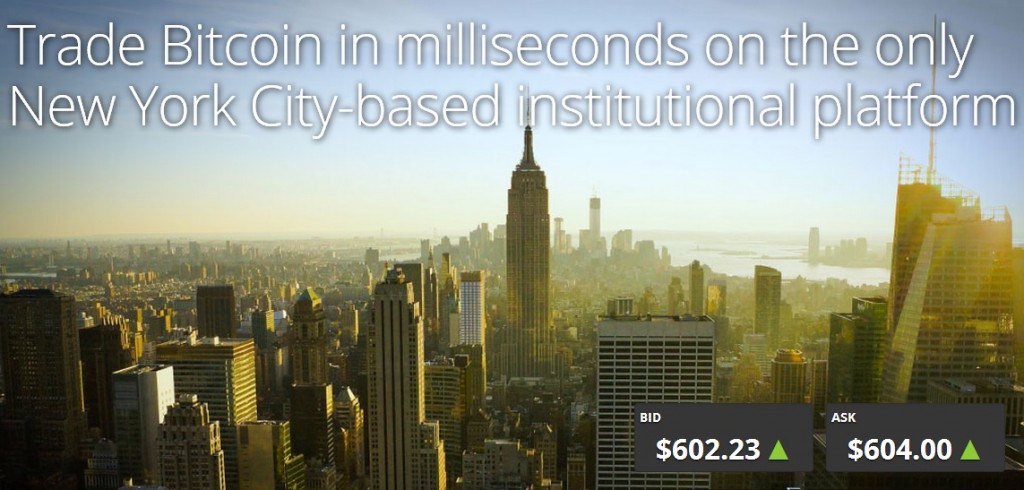People usually immigrate to a new country for a variety of sociopolitical reasons, most of which can be summed in the big, capital letter kind of ideas: Freedom. Opportunity. Wealth. Prosperity.
To that list I would like Bitcoin and Litecoin. Yes, people are crossing borders for these cryptocurrencies, but it’s not for the reasons you might expect (no one is skipping town after running an exchange scam).
Let me explain. As the head of operations at mining manufacturer LSM Labs, I am used to seeing orders for our Bitcoin and Litecoin miners come from all over the world. In fact – just to give you an idea of our global scale – our website can be translated directly into Mandarin for our Chinese customers, who number in the hundreds.
Of this fact we are of course proud. We take it as a sign of our company’s success, and in the larger picture, of that of cryptocurrency. What we did not expect was that our miners, in many cases, would actually propel people across the world. We learned of this through one of our earliest customers. Though he consented to inclusion in this article, I will protect his privacy by referring to him as Bob Nakamoto.
Places to Go, Bitcoin to Mine
Now Bob Nakamoto was one of the first buyers for our now out-of-stock Bitcoin miner, Cyclops. We delivered it to him, as he requested, at his place of residence in Santa Barbara, California. We did not hear from him again until two weeks ago, almost six months later, when he inquired about our new Litecoin miner, Apollo.
Bob Nakamoto was happy with its specs (180MH/s) and its price ($5,999), but was wondering if we could deliver it to his current location (Cebu City, Philippines). When we responded in the affirmative, he replied with a general update on why he had moved (perhaps he could sense our curiosity through the screen).
His story, which you got the sense he told often, was thus: After receiving our miner Cyclops, he was happy with his returns – its hash rate after all was 600 GH/s, which was high for the time – but wanted to save on the cost of electricity, especially given that he wanted to mine full-time. He therefore started to research where electricity was cheapest in the world. Bob Nakamoto quickly found a list of such cities, but could not see himself living at any one of them.
So he switched gears. Instead of looking for a place where electricity was cheap, he began to look for a place where it was cheap to live, period. He reasoned, astutely enough, that even if a place had averages rates for electricity, it could be made up elsewhere. He found this place in the Philippines, which had moderately priced electricity, but had a dirt cheap cost of living (rent, transportation, food, and so on).
Naturally, Bob Nakamoto packed his bags, Cyclops included, and soon hopped onto a flight bound for Philippines. There, he found his estimates to be true. It was more lucrative to be a full-time miner in the country, a fact evident in a simple comparison of his housing costs ($1,200 versus $225).
Signs of a Trend
Bob Nakamoto’s story, it turns out, is not unique. After sending out a call to our customer list to see who else might have moved for mining-related reasons, we had more than several volunteer a response. Some indeed had migrated to countries where electricity was notoriously cheap, while a few others had moved for slightly more personal reasons. For example, one environmentally conscious miner moved to a Scandinavian country because of the greater availability of renewable energy there.
These stories are interesting on a human-interest level. After all, who would have ever thought that people would uproot their lives to better support a Bitcoin or Litecoin miner? But these stories also carry with them a symbolic value worth examining further. They show that cryptocurrency does not just represent a kind of economic mobility – in these cases, they are economic mobility.
The post Crossing Borders for Bitcoin appeared first on Bitcoin Magazine.














